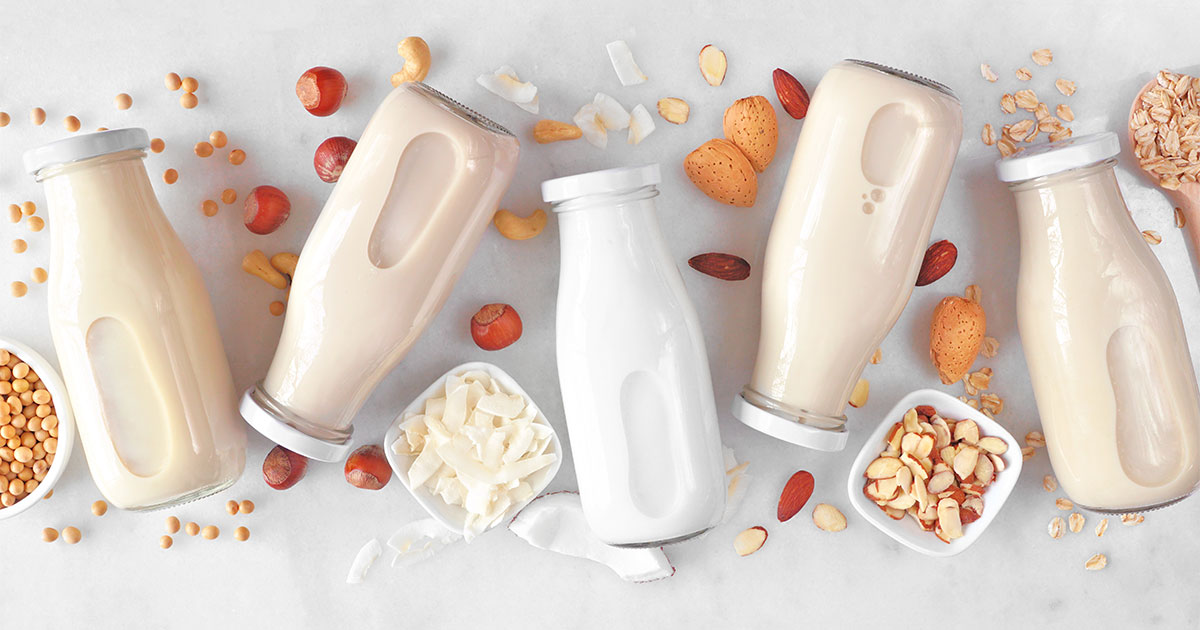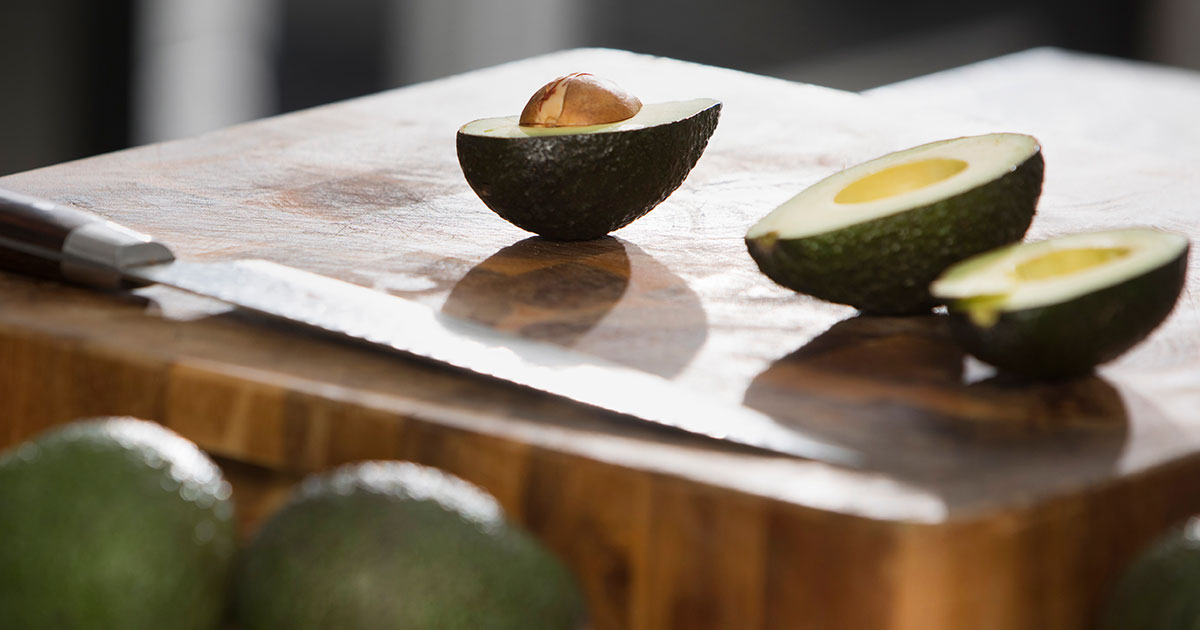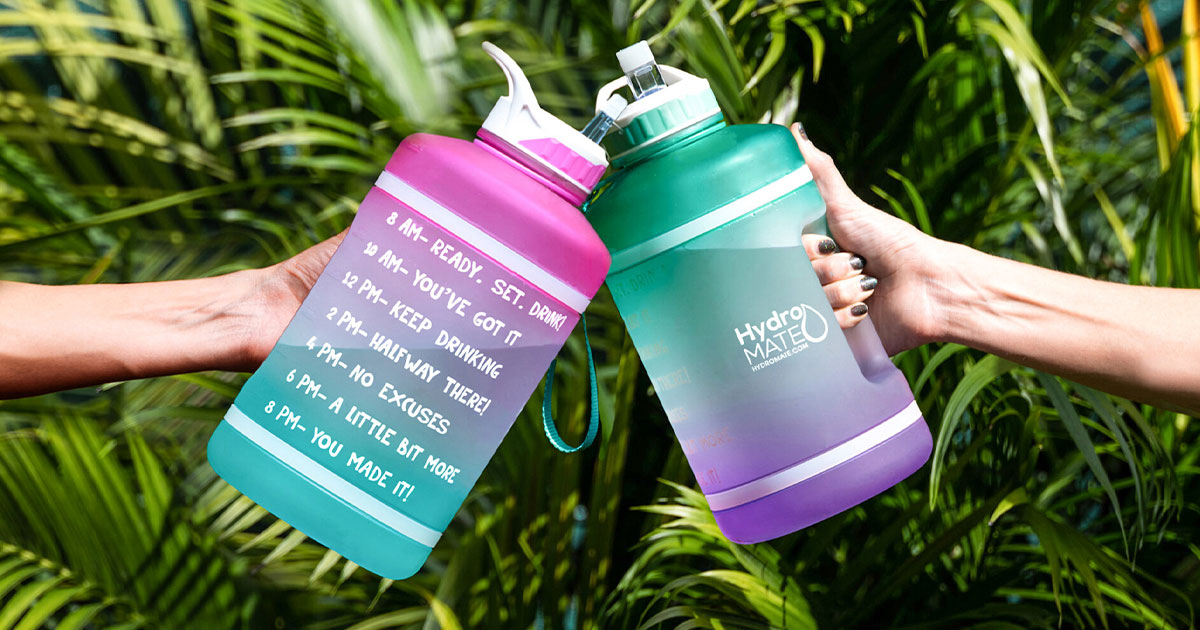
While they may seem similar, there are actually some fairly marked differences between dairy and lactose. Dairy refers to products that are typically derived from milk from mammals like cows, goats, or sheep. This includes items such as milk, cheese, butter, and yogurt. On the other hand, lactose is a sugar found in milk and dairy products and is composed of two sugar molecules, glucose and galactose. Lactose intolerance occurs when the body lacks the enzyme lactase, which is necessary for breaking down lactose into these two simpler sugars for absorption in the small intestine.
In this blog, we’ve taken some time to identify the differences between dairy allergies and lactose intolerance while also providing some examples of “milk alternatives” that can add variety to your diet and have you eating healthier!
Dairy Allergy vs. Lactose Intolerance
A dairy allergy is an immune response to proteins found in milk, such as casein and whey. Symptoms can range from mild, like hives or digestive issues, to severe–including anaphylaxis. Lactose intolerance, on the other hand, is a digestive disorder where the body cannot properly digest lactose which leads to symptoms like bloating, diarrhea, and abdominal discomfort. While both involve a reaction to dairy, they affect different parts of the body and have distinct symptoms.
My husband Dan always asks me why I have so many different “milk” options in the fridge. Well, Dan…it’s because I’m a Dairy Diva and I use regular half-and-half to cook and ferment my homemade lactose-free SCD yogurt. Plus, I love making a “sweetened condensed milk” with almond milk, coconut milk, and honey for my coffee while our kids like the taste of oat milk for breakfast.
The Benefits of Probiotics in Your Diet
Probiotics are beneficial bacteria that promote a healthy balance of gut microflora. They aid in digestion, support the immune system, and may even positively impact mental health. Foods rich in probiotics include yogurt, kefir, sauerkraut, and kimchi. Including these in your diet can contribute to overall well-being. I love making my own yogurt because I know it’s completely lactose-free and super-rich in gut-healthy probiotics.
Healthy Dairy Alternatives
Almond Milk
Almond milk is a popular dairy alternative made from almonds and water. It’s rich in vitamin E, low in calories, and contains no cholesterol or saturated fats. Almond milk is great for those with lactose intolerance or allergies to dairy. However, it’s important to note that almond milk might not provide the same protein content as dairy milk.
Coconut Milk
Coconut milk is made from the flesh of coconuts and has a rich and creamy texture. Coconut contains lauric acid which has the added benefit of antimicrobial and antiviral properties. Coconut milk is also a good source of healthy fats and is often used in both sweet and savory dishes and provides a great option for those who are lactose intolerant or have a dairy allergy.
Oat Milk
Oat milk is made from whole oat grains and is a good source of fiber-containing beta-glucans that may help lower cholesterol levels. Oat milk is often fortified with vitamins and minerals which makes it a nutritious dairy alternative. It has a mild, slightly sweet flavor and a creamy texture and provides an awesome choice for various recipes.
Of course, the choice between dairy and dairy alternatives depends on individual preferences, dietary needs, and health considerations. Exploring different “milk” options can add variety to your diet and cater to specific health requirements. Be sure to check out our new lactose-free fermented yogurt options and creamy iced coffees!
Categories
Recent Posts



